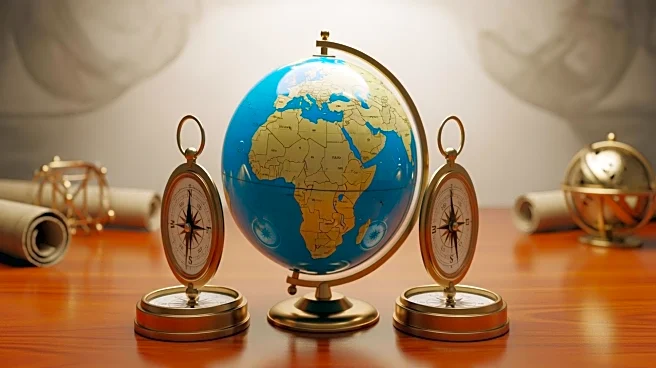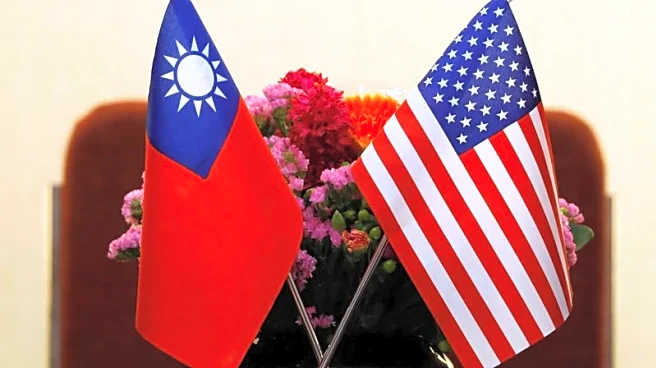What's Happening?
Russian Foreign Minister Sergey Lavrov is managing a complex diplomatic situation involving Algeria and Morocco. Russia is strengthening its defense and energy cooperation with Algeria, a long-standing partner, while simultaneously expressing support
for Morocco's Sahara Autonomy Plan. This dual approach could potentially strain relations with Algeria but aligns Russia with a growing number of countries backing Morocco's initiative. Lavrov deflected questions regarding alleged human rights abuses by Russia's Africa Corps in Mali, instead focusing on historical regional tensions. He highlighted the colonial-era border issues affecting ethnic groups like the Tuareg people in Algeria and Mali, suggesting that former colonial powers are responsible for current instability in the Sahel region.
Why It's Important?
Russia's diplomatic balancing act in North Africa is significant as it attempts to maintain influence in the region amidst scrutiny over its military operations. By supporting Morocco's Sahara Autonomy Plan, Russia aligns itself with Morocco, potentially enhancing bilateral relations and economic cooperation, as evidenced by a recent fisheries deal. However, this move risks alienating Algeria, which may view Russia's support for Morocco as a diplomatic slight. The situation underscores the geopolitical complexities in North Africa, where historical tensions and modern alliances intersect, affecting regional stability and international relations.
What's Next?
The diplomatic dynamics between Russia, Algeria, and Morocco are likely to evolve as Russia continues to navigate its strategic interests in North Africa. Algeria may respond to Russia's support for Morocco's autonomy plan, potentially impacting bilateral relations. Additionally, Russia's stance on the Sahara issue could influence its position within the United Nations Security Council, where discussions on Western Sahara have been ongoing. The broader implications for regional stability and international alliances will depend on how these countries manage their diplomatic engagements and address historical grievances.
Beyond the Headlines
Russia's involvement in North Africa highlights the ethical and historical dimensions of colonial-era border issues, which continue to affect regional politics. The focus on ethnic group distribution and historical grievances reflects broader challenges in addressing post-colonial legacies. Russia's diplomatic strategy may also influence other countries' approaches to similar issues, potentially reshaping geopolitical alliances and regional power dynamics.

















